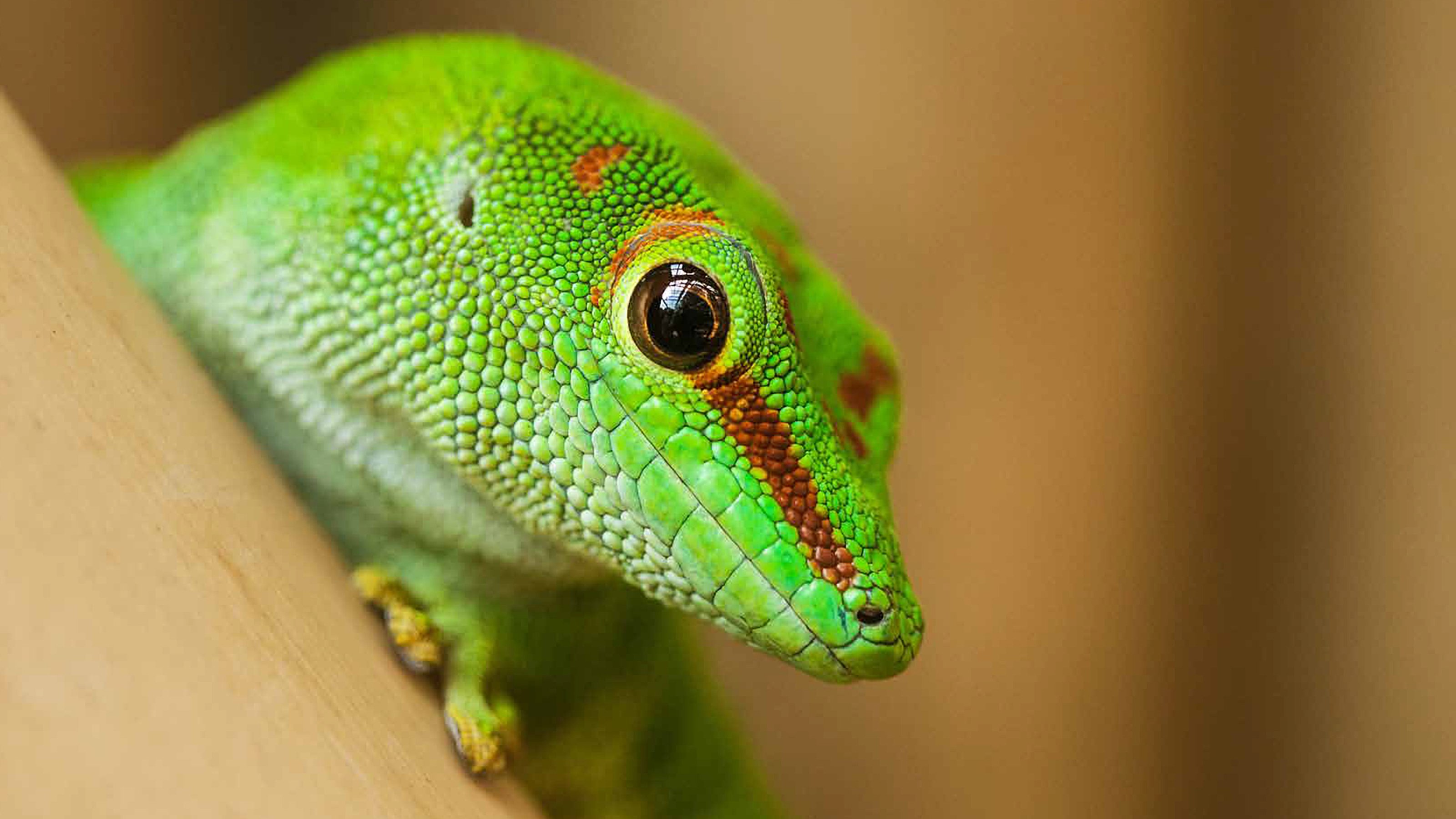
Coccidia Parasites And Your Reptile
Coccidiosis is caused by a single-celled parasite, or protozoa, and can be especially dangerous to Bearded Dragons.
Treatment is usually well tolerated, especially in adult reptiles, although acutely infected or young reptiles can struggle to recover from severe infection. While treatment is quite simple, disinfection can be a big job, and full disinfection is critical to prevent reinfection.
More about coccidiosis
Coccidiosis is caused by a protozoa – a single-celled organism – of the species Eimeria (also known as Isospora). Members of all orders of reptiles can harbour coccidian parasites. Coccidiosis is spread through contamination with faeces – the coccidiosis parasites reproduce in the intestines and create infective eggs, which are passed out ready to infect the next animal.
Young reptiles, and breaded dragons in particular, are especially susceptible to developing signs of an infection. A subspecies of coccidiosis is cryptosporidium, which can also be seen in reptiles.
The signs of coccidiosis vary depending on the reptile and the severity of the infection. Signs include:
- Diarrhoea
- Reduced appetite
- Depression/lethargy
- Blood or mucous in their faeces
- Dehydration (may be seen as wrinkled skin or sunken eyes)
It is important to note that some reptiles can show no signs of an infection at all, and if your reptile is experiencing any of these signs then make an appointment with your local Vets4Pets as soon as possible.
Request an appointmentCoccidiosis is caused by a protozoa – a single-celled organism – of the species Eimeria (also known as Isospora). Members of all orders of reptiles can harbour coccidian parasites.
Coccidiosis is spread through contamination with faeces – the coccidiosis parasites reproduce in the intestines and create infective eggs, which are passed out ready to infect the next animal. Young reptiles, and breaded dragons in particular, are especially susceptible to developing signs of an infection.
A subspecies of coccidiosis is cryptosporidium, which can also be seen in reptiles.
If you think your reptile might have coccidiosis, the best thing to do is to go to your vet. They can do a full physical examination, and check your reptile all over! If there is a risk your reptile may have coccidiosis, your vet may recommend faecal tests to try and identify the parasites, although this can be tricky.
Reptile Advice
Read more of our expert reptile advice to keep your pet happy and healthy.
